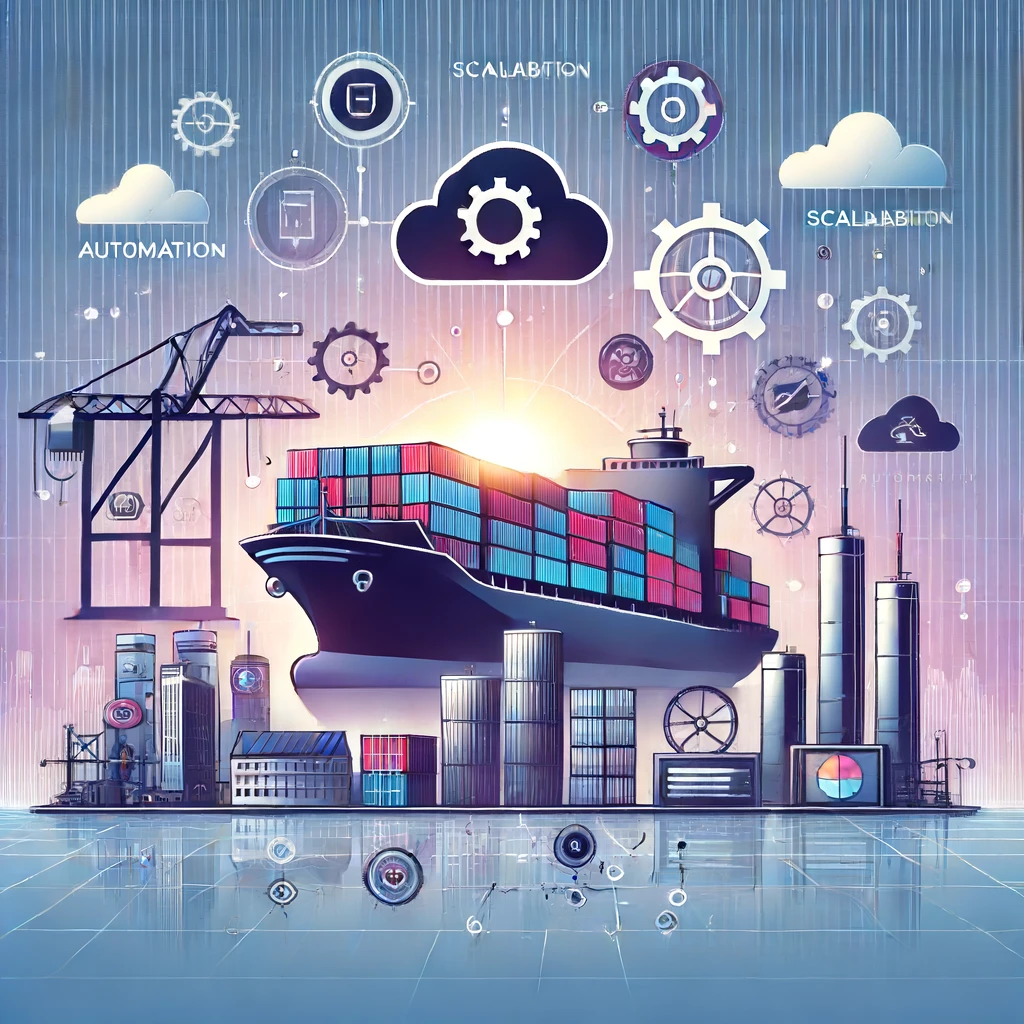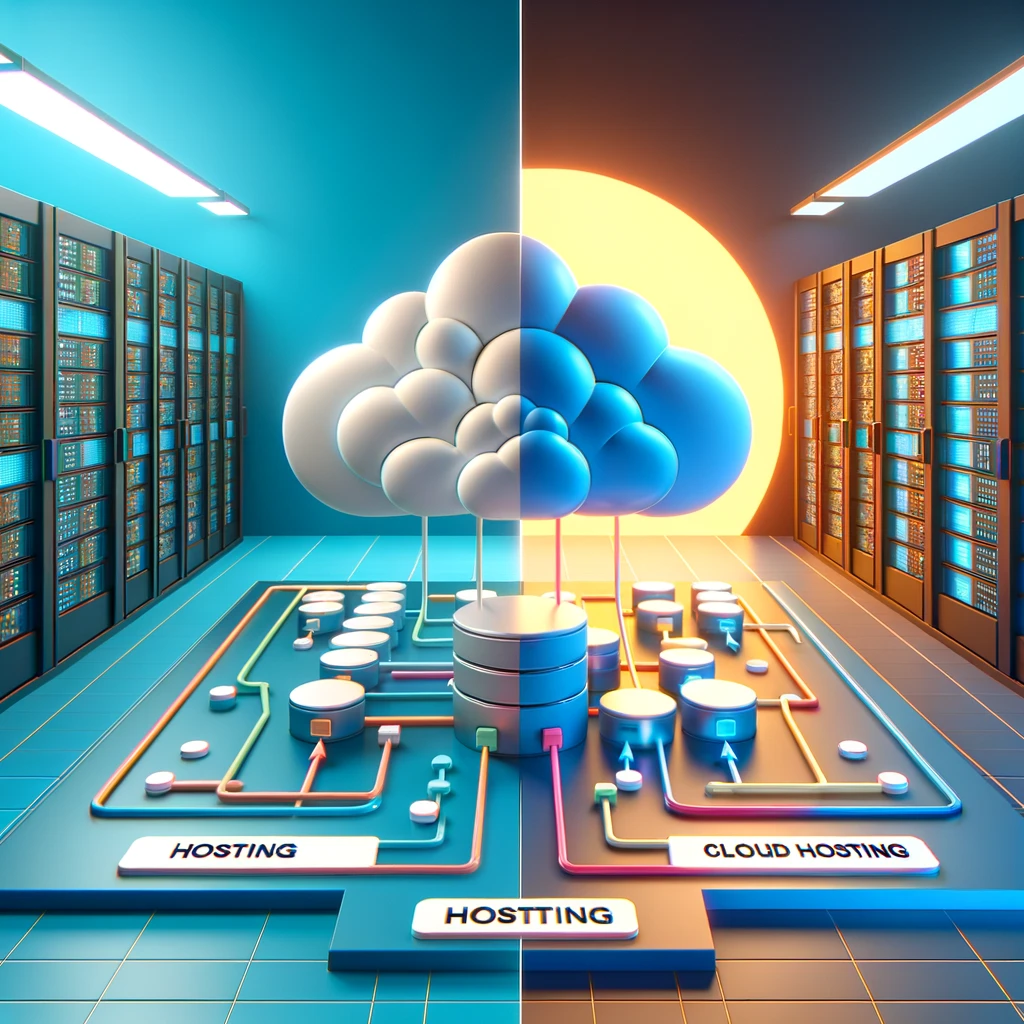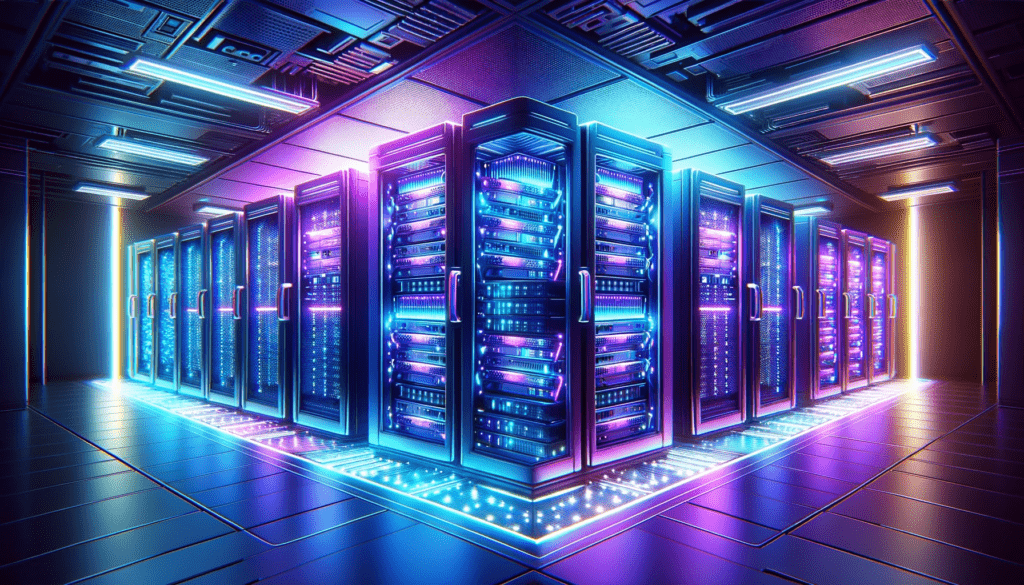The new frontiers of Cloud Computing: innovations and trends
The world of cloud computing is experiencing an era of rapid and dynamic transformation. As businesses continue to embrace the cloud for its scalability, efficiency and flexibility, new trends are emerging that are redefining how we interact with this technology. In this article, we will explore some of the most promising trends in cloud computing.
Edge Computing
Edge computing represents a significant breakthrough in data management. As IoT devices grow and the need to process large amounts of data in real time increases, edge computing brings computing power and storage closer to the source of the data. This minimizes latency and improves operational efficiency, particularly in industries such as manufacturing, automotive and healthcare.
Artificial Intelligence and Machine Learning
The integration of AI and ML in the cloud is opening up new possibilities for intelligent automation and data analytics. Companies are leveraging these technologies to gain deeper insights from their data and automate complex processes. The growth of cloud platforms offering AI and ML services “as-a-service” is also democratizing access to these advanced technologies.
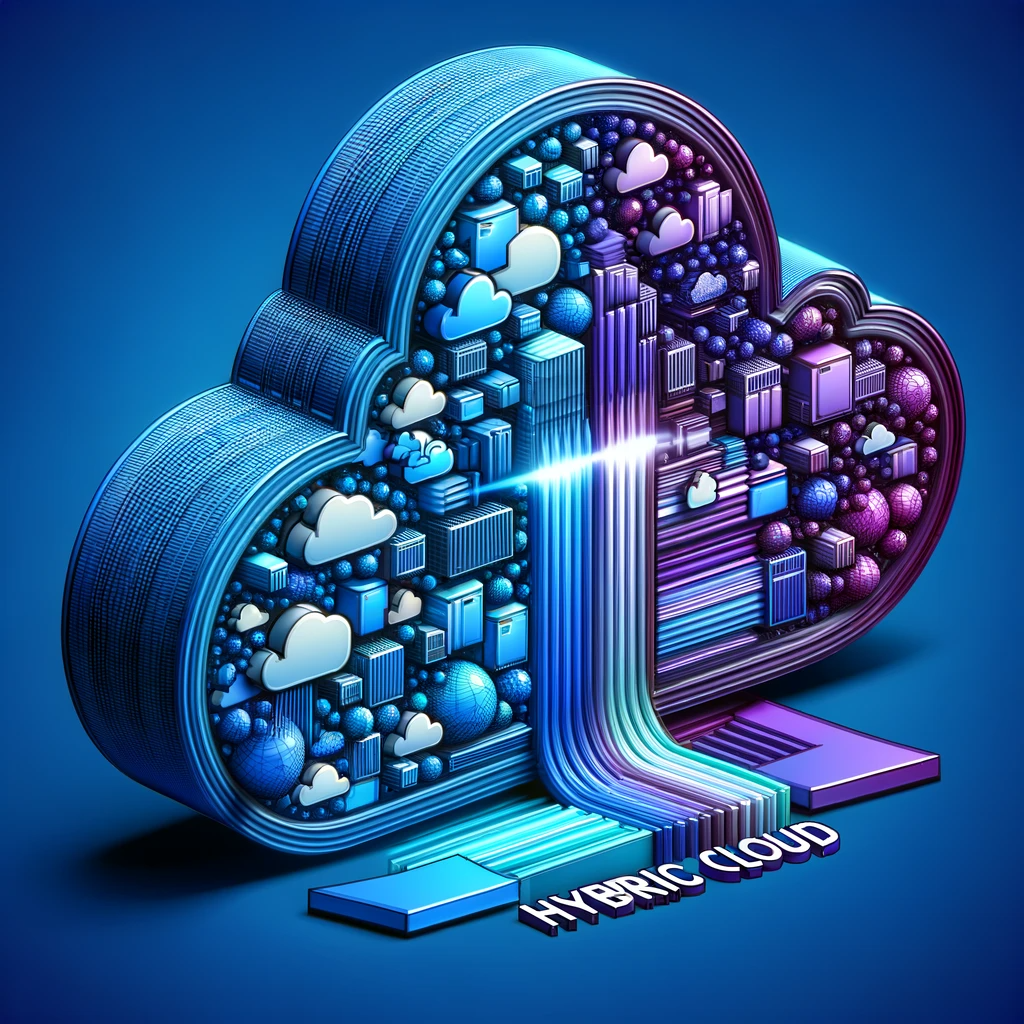
Hybrid Cloud and Multicloud
The trend towards hybrid cloud and multicloud environments is gaining momentum. Companies recognize the benefits of a hybrid/multicloud strategy, which offers greater flexibility, cost optimization and better risk management. This approach allows organizations to distribute workloads more effectively across different cloud environments.
- Advantages and Strategies: Hybrid cloud and multicloud offer unprecedented flexibility, allowing businesses to balance between on-premise and public cloud based on security, compliance and performance needs.
- Management and Migration: Managing multicloud environments presents unique challenges, including data governance and security. Solutions like Microsoft Azure Arc and Google Anthos are emerging to ease these complexities.
Security and compliance in the Cloud
As cybersecurity threats increase, cloud security has become a top priority. Cloud-native security solutions, such as Identity and Access Management (IAM), data encryption and threat management, are becoming increasingly sophisticated. Additionally, with the adoption of GDPR and other data privacy regulations, compliance is a critical aspect that cloud solutions must address.
- New Challenges and Solutions: As the cloud continues to grow, so do security threats. Cloud-based security solutions, such as identity management and behavioral analytics, are becoming more sophisticated.
- Importance of Compliance: With regulations such as GDPR coming into force, compliance has become a crucial element. Companies must therefore choose cloud service providers that can guarantee high standards of compliance and data security.
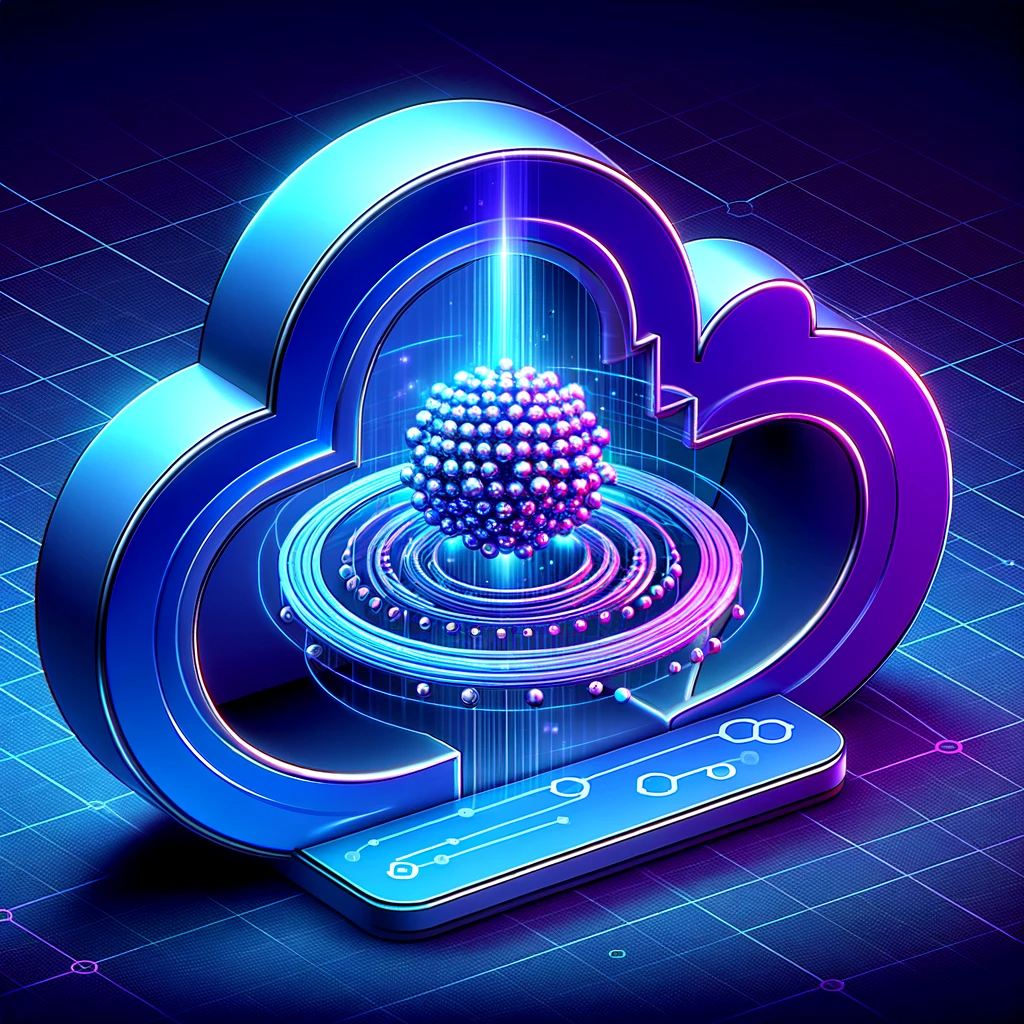
Sustainability in the Cloud
The aspect of sustainability is gaining importance in cloud computing. Companies are trying to reduce the environmental impact of their data centers by optimizing the use of resources and using renewable energy. This trend not only improves energy efficiency but also contributes to corporate social responsibility.
- Eco-Efficiency and Social Responsibility: A focus on sustainability is driving innovation in data center design, with a growing emphasis on the use of renewable energy and energy efficiency.
- Environmental Impact and Initiatives: Companies like Google and Amazon are investing in renewable energy and sustainability initiatives to reduce the carbon footprint of their cloud services.
Still don't know where to start?

